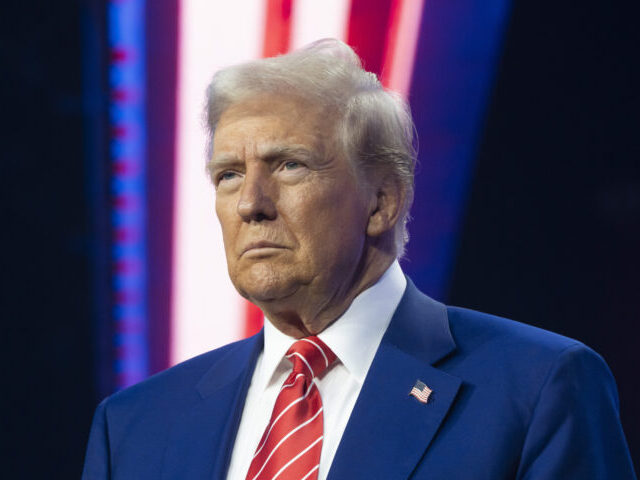The Federal Reserve announced on Monday that Michael Barr will resign from his role as vice chair for supervision at the central bank, effective February 28, 2025, or upon the confirmation of his successor. Barr, who has held the position since July 2022, will continue to serve as a member of the Federal Reserve Board of Governors.
The news of Barr’s forthcoming departure was met with enthusiasm on Wall Street, as bank stocks rallied. The KBW Nasdaq Bank Index rose 2.3 percent in late morning trading. Barr, a key architect of the proposed Basel III Endgame rules, which have faced significant criticism for potentially increasing costs for banks and stifling lending, has played a central role in shaping the U.S. regulatory landscape.
In a statement accompanying the announcement, Barr cited concerns about potential disputes over his position as a motivating factor for his decision.
“In the current environment, I’ve determined that I would be more effective in serving the American people from my role as governor,” he said.
He added that staying in the supervisory role could risk diverting attention from the central bank’s core mission of ensuring the stability of the financial system.
Breitbart News reported in November that Barr may step down as Vice Chair while holding on to his position as Fed Governor.
A Complex Regulatory Legacy
During his tenure as vice chair, Barr spearheaded efforts to tighten the regulatory frameworks around large banks and financial institutions. The Basel III Endgame proposal, unveiled under his leadership, originally called for large banks to increase their capital reserves by approximately 20 percent. The proposal drew significant criticism from industry stakeholders, lawmakers, and even some within the Fed.
Michelle Bowman, a fellow Federal Reserve governor, was among those who expressed reservations about the potential burden on smaller financial institutions and community banks. Following months of feedback and deliberation, Barr announced in a September speech that the Fed had revised its target to a more modest 9 percent increase in capital requirements, focusing solely on banks with assets exceeding $250 billion.
Critics have pointed out that Barr’s regulatory agenda faced considerable headwinds, both from within the Fed and from an increasingly polarized political environment. Some analysts argue that his decision to step down may reflect broader tensions over the future direction of financial regulation in the United States. With inflation remaining a central concern and the financial system grappling with the aftermath of recent bank failures, Barr’s departure raises questions about whether his successor will continue his push for tighter capital requirements or adopt a more industry-friendly stance.
Indeed, Barr’s regulatory push was seen by many as a direct response to the instability revealed by the collapse of regional banks earlier in 2023. By proposing stricter rules for larger banks, Barr aimed to ensure that the financial system would be more resilient to future shocks. However, this approach was not without controversy, as it reignited debates about the balance between financial stability and economic growth.
Next Steps for the Federal Reserve
The Federal Reserve indicated on Monday that it would not pursue any significant rulemakings until a new vice chair for supervision is confirmed. The decision underscores the delicate balance the central bank must maintain amid shifting economic conditions and a contentious regulatory environment.
Barr’s continued presence on the Board of Governors ensures that his regulatory expertise will remain available to the Fed, even as it navigates the process of selecting a new vice chair. The timeline for appointing a successor remains uncertain, but analysts expect the nomination process to draw considerable scrutiny from both the financial sector and Capitol Hill.
As the central bank grapples with inflation concerns, interest rate policy, and broader economic uncertainty, Barr’s departure marks a significant transition in its supervisory leadership. Barr’s successor, who will likely be appointed by Donald Trump, is sure to pursue a different path on bank reggulation.
Moreover, Barr’s departure underscores a growing tension within the central bank’s approach to regulation. While proponents of stricter capital requirements argue that they are essential for financial stability, detractors warn that overly aggressive rules could stifle lending and economic growth. The next vice chair for supervision will likely face the challenging task of navigating these competing pressures while maintaining the Fed’s credibility as a steward of the financial system.

COMMENTS
Please let us know if you're having issues with commenting.